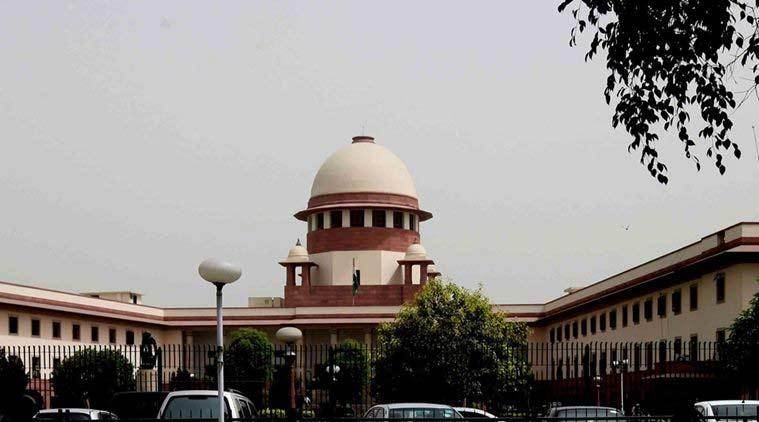 In the case related to the compensation claims for demolition of houses in the vicinity of the Chandigarh International Airport, the Supreme Court directed the Punjab and Haryana High Court to decide the case on March 3. (File)
In the case related to the compensation claims for demolition of houses in the vicinity of the Chandigarh International Airport, the Supreme Court directed the Punjab and Haryana High Court to decide the case on March 3. (File)
In the case related to the compensation claims for demolition of houses in the vicinity of the Chandigarh International Airport, the Supreme Court (SC) on Friday directed the Punjab and Haryana High Court to decide the case on March 3.
The aggrieved residents had alleged before the apex court that the High Court had kept their case pending for months and had not granted them interim relief, nor rejected the prayer.
“We are informed that the writ petition(s) is/are listed for hearing before the High Court on March 3. We request the High Court to dispose of the writ petition(s) on the date,” the SC has said in an order, while posting the matter for hearing March 6.
The pending SLP before the apex court challenges the orders passed by the High Court in September 2018, May 2019 and August 2019 in the matter pertaining to the airport for demolition of structures falling within 100 meters from the outer periphery of the Air Force Station. Stating that the residents had built the houses on their private lands and were allotted electricity, water and sewage connections, the petition said that the residents had used their entire life savings for constructing the houses but were not even heard before the passing of such orders for the demolition.
Submitting that the petitioners had challenged the Collector’s Notice and Order in a writ petition before High Court, the SLP said, “the High Court was not inclined to hear this writ petition and had adjourned this petition several times without making any substantive order as a result of which the petitions are languishing and the demolition of the petitioner’s structures have begun from February 2. The list of dates beginning from November 2019 till February 19, has been provided in a tabulated form in the SLP.
Stating that while the High Court issued a notice on their application for stay on the demolition on February 19, the petition said that the authorities have already begun the demolition process without waiting for the next date of hearing. The SLP also said that the petitioners had approached the Supreme Court earlier as well but were permitted to withdraw the SLP for seeking appropriate relief before the HC.
It was argued before the Supreme Court that the question of compensation was covered under the Works of Defence Act, according to which the Centre is required give compensation to the affected persons after issuance of a notification declaring restrictions on the use of land in the vicinity of a defence establishment. At least 19 residents of Mohali’s Bhabat and other areas have approached the Supreme Court in the SLP.
In September 2018, the High Court had stayed any further construction in the restricted zone of 100 metres of the perimeter wall of the Air Force Station. The High Court, later, had also ordered identification and removal of illegal constructions. In September 2019, the Mohali Collector started the process and the demolition process has also started now.
The residents have been arguing before the court that the notification regarding the imposition of restrictions in the vicinity of the Air Force Station had lapsed when they made the constructions in 2011. There are at least 83 constructions under question in this particular case and some of them have been already demolished. The residents have been arguing that the survey was not carried out in accordance with the procedure laid down in the law and that the compensation is required to be paid first and only after the demolition process can begin.